Preventative Medicine

Regular preventative medicine helps minimize emergencies and illnesses and is an inexpensive and effective way to help your horse live a long, healthy, and happy life.
Oakencroft starts with a core group of annual medical procedures: Vaccines, physical exams, dental work, respiratory evaluations, and strategic deworming. We also recognize that every horse and owner combination is unique and we strive to meet those unique needs by setting up more intensive preventative medicine plans if necessary.
More Information:
-
Vaccines are a safe and effective way to maximize your horse’s health. The core vaccines of Rabies, Eastern Encephalitis, Western Encephalitis, Tetanus, and WesLearn more →t Nile Virus should be given to all horses annually regardless of age or travel status.
For all other vaccines Oakencroft will help you determine which combination which is right for your horse.
Learn more →
-
A yearly physical exam for your horse will let the veterinarians at Oakencroft not only evaluate their general condition but may aid in the early detection of many medical conditions.
Oakencroft values communication very highly and makes sure to give you a full report on the general body condition and overall health of your horse to make sure you’re aware of any conditions or abnormalities that we may find during the exam.
After the exam we will also give you a roadmap of care to help you maintain your animal’s mental and physical health.
-
Horses, like most animals that depend on their teeth to eat fibrous material, have teeth that continuously grow.
Unfortunately, this makes them prone to a large number of tooth and mouth issues so routine dental care for your horse is a vital component of his or her overall health.
Your horse should have an oral examination done at least once a year, primarily to examine their dentition.
-
Many respiratory problems do not have to be lived with and the team at Oakencroft can help manage and possibly eliminate a variety of respiratory conditions.
We use a suite of state-of-the-art tests and treatments to help develop treatment and management plans for conditions like chronic cough, intermittent nasal discharge, and quick windedness.
-
Parasitologists have recently seen resistance to dewormers and have told the equine industry that if we don’t change our methods for controlling parasites the parasites will eventually stop responding to dewormers. Oakencroft is now working with clients to reduce parasite populations on their properties and reserving dewormers for horses with very high fecal egg counts.
Some steps to reduce your parasite population include:
1 ) Avoid deworming in the winter and deworm only when necessary to reduce resistance. We use fecal egg counts once or twice a year to determine when your horse must be dewormed.
2) The parasites will not migrate far from the manure pile so keeping fields, paddocks, and stalls clean is very helpful. Regular cleaning effectively removes the majority of parasites that your horse is susceptible to.
